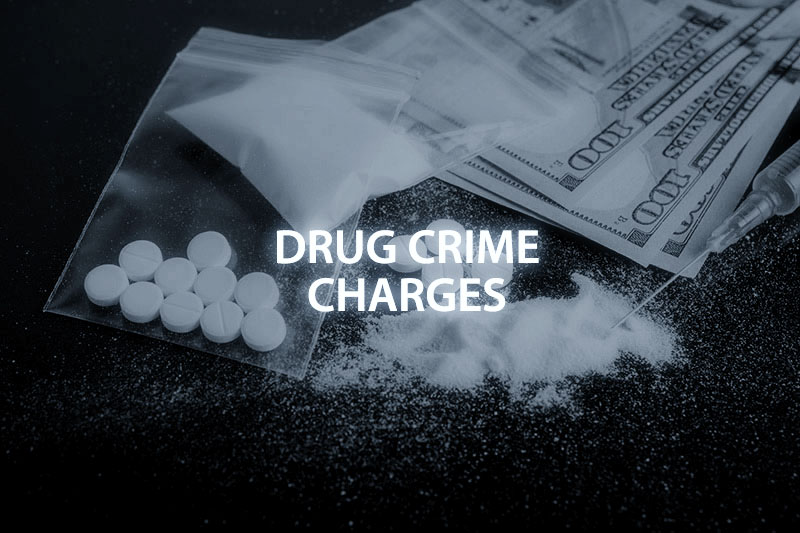In the intricate world of drug crime litigation, the role of expert witnesses is paramount. These professionals, including forensic toxicologists, pharmacologists, and chemists, bring a layer of scientific understanding and credibility that can significantly impact the outcome of a case. This article explores how expert witnesses contribute to drug crime defense and highlights notable cases where their testimony was a game-changer.
Understanding the Role of Expert Witnesses
Expert witnesses, unlike eyewitnesses, offer specialized knowledge or expertise that is beyond the common understanding of the average person. In drug crime cases, they provide scientific insights related to the substances involved, how they might affect human behavior, or the reliability of the evidence presented by the prosecution. Their analysis can question the accuracy of drug tests, the integrity of the chain of custody of evidence, and the interpretation of drug possession or trafficking laws.
Forensic Toxicologists
Forensic toxicologists play a crucial role in analyzing chemical substances and interpreting their effects on the human body. They can offer critical insights into whether a substance was present in an individual’s system, the quantity involved, and the potential impairment it could cause. This is particularly important in cases where the level of intoxication or the timing of substance use is disputed.
Pharmacologists
Pharmacologists can provide expertise on how specific drugs interact with the body, their potential side effects, and the likelihood of dependency or misuse. Their testimony can be vital in cases where the nature and effect of the drug are central to the defense strategy, challenging assumptions about the drug’s danger or the defendant’s intent.
Case Examples Where Experts Made a Difference
The Reevaluation of Drug Tests
In a landmark case, State v. Anderson, a forensic toxicologist’s testimony was instrumental in questioning the accuracy of the initial drug tests that led to the defendant’s conviction for drug possession. The expert pointed out flaws in the testing methodology and potential contamination issues, leading to a reevaluation of the evidence and ultimately an acquittal.
Challenging the Chain of Custody
In another notable case, Doe v. Commonwealth, an expert in forensic chemistry highlighted inconsistencies in the documentation of the chain of custody of the seized substances. By demonstrating that the evidence could have been tampered with or contaminated, the defense was able to cast doubt on the prosecution’s case, resulting in the charges being dropped.
Interpreting Drug Effects
The case of People v. Matthews showcased the role of a pharmacologist who provided critical testimony on the effects of a prescription medication the defendant was using at the time of the alleged crime. The expert’s insights into the drug’s side effects and its impact on the defendant’s behavior supported a successful defense argument that questioned the intent to commit a drug-related offense.
The Impact of Expert Testimony
The inclusion of expert witnesses is a powerful strategy in drug crime defense. These professionals not only inject scientific rigor into the proceedings but also provide an objective analysis that can challenge prosecutorial evidence. Their testimony can elucidate complex scientific principles, making them understandable to judges and jurors who may not have a background in these areas.
Their contributions can be the difference between conviction and acquittal, making the selection of a well-qualified, experienced expert witness a critical component of the defense strategy in drug crime cases. As seen in the examples provided, expert testimony can dismantle the prosecution’s case, shed new light on evidence, and offer alternative explanations that support the defense narrative.
The role of expert witnesses in drug crime defense cannot be overstated. Their ability to present evidence based on scientific principles and to question the validity of the prosecution’s claims makes them indispensable allies in navigating the complexities of the legal system. As drug-related legislation and technology continue to evolve, the importance of these experts in ensuring fair and accurate outcomes in drug crime cases will only grow.
Personal Injury & Criminal Defense Services Available Throughout
Greater Sacramento, Yolo, Placer, and Solano Counties
Antelope, Arden-Arcade, Auburn, Benicia, Carmichael, Citrus Heights, Davis, Dixon, Elk Grove, Fairfield, Fair Oaks, Folsom, Galt, Gold River, Granite Bay, Iselton, Lincoln, Loomis, North Highlands, Orangevale, Rancho Cordova, Rio Linda, Rio Vista, Roseville, Rocklin, Sacramento, Suisun City, Vacaville, Vallejo, West Sacramento, Winters, Woodland

